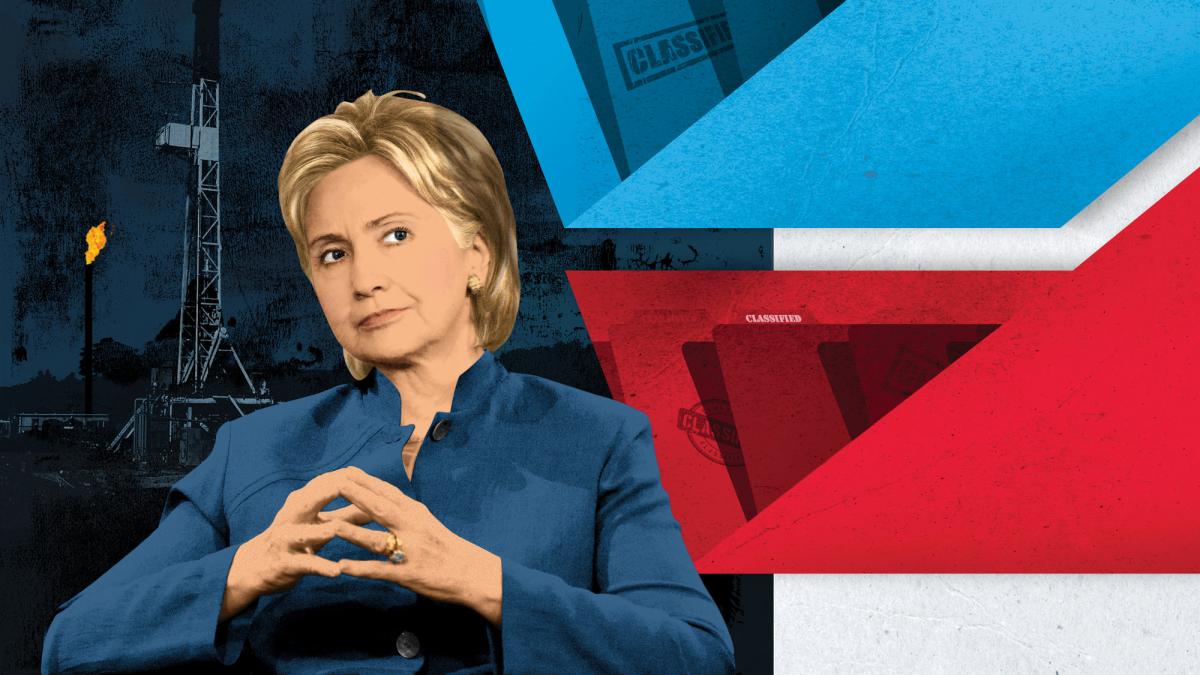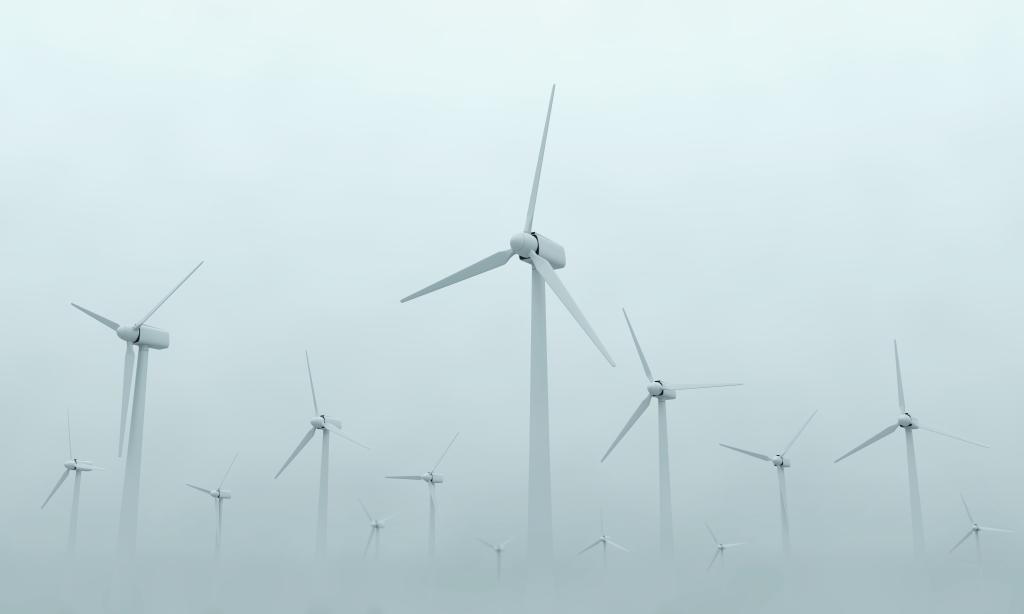One icy morning in February 2012, Hillary Clinton’s plane touched down in the Bulgarian capital, Sofia, which was just digging out from a fierce blizzard. Wrapped in a thick coat, the secretary of state descended the stairs to the snow-covered tarmac, where she and her aides piled into a motorcade bound for the presidential palace. That afternoon, they huddled with Bulgarian leaders, including Prime Minister Boyko Borissov, discussing everything from Syria’s bloody civil war to their joint search for loose nukes. But the focus of the talks was fracking. The previous year, Bulgaria had signed a five-year, $68 million deal, granting U.S. oil giant Chevron millions of acres in shale gas concessions. Bulgarians were outraged. Shortly before Clinton arrived, tens of thousands of protesters poured into the streets carrying placards that read “Stop fracking with our water” and “Chevron go home.” Bulgaria’s parliament responded by voting overwhelmingly for a fracking moratorium.
Clinton urged Bulgarian officials to give fracking another chance. According to Borissov, she agreed to help fly in the “best specialists on these new techn... Read more



